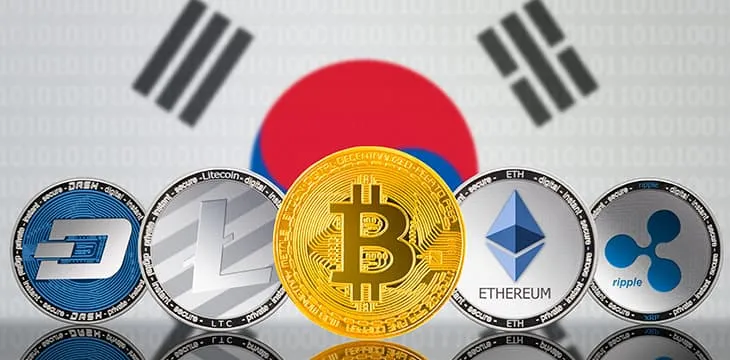|
Getting your Trinity Audio player ready...
|
South Korean legislators are considering passing new laws to impose stiffer punishment for virtual asset fraudsters in the country. The new stance is part of efforts to sanitize the local ecosystem that has been riddled with a wave of unsavory reports and criminal activity.
The Financial Services Commission (FSC) and the National Assembly are reportedly collaborating on the bill, and it is expected that other government agencies will play a role in its creation. Legislators are looking to toughen the punishments for actions such as the usage of undisclosed information and price manipulation amongst digital asset service providers.
South Korea’s digital asset fraud regulation is considered to be among the most stringent in the world, but it appears to be disjointed, thanks to several overlapping pieces of legislation. The incoming legislation aims to unify the regime of laws in South Korea and provide greater protection for investors.
“In the U.S., since the Securities and Exchange Commission (SEC) exercises a wide range of powers, it is possible to punish unfair trade in virtual assets without separate legislation, but in Korea, related legislation is absolutely necessary,” said an official from the National Assembly.
Should the law scale through the legislative processes, it could bring the penalties for digital asset fraud to be at par with traditional finance fraud in the country. Legal experts say it could be a game-changer for enforcement action against virtual currency fraudsters, making seizures, arrests, and prosecution streamlined across the board.
The National Assembly is currently juggling multiple bills on the digital asset ecosystem. At the last count, 14 separate bills are being discussed on the floor of the House, including the comprehensive Digital Asset Basic Act predicted to come into effect in 2023.
Regulators are doing their bit to police the industry
South Korea’s local digital currency industry has been ravaged by some jarring scandals in the past, with the most recent being the collapse of the Terra network. Most investors in the failed project were South Koreans drawn to the project largely because its founders were South Korean.
After the collapse of Terra in May, law enforcement issued an arrest warrant against Do Kwon, a co-founder of the project, and voided his passport. The national police raided the home of his co-founder and the offices of local exchanges in search of evidence of their involvement in the Terra collapse.
In October, the FSC disclosed that it would be upping the surveillance of virtual currency whales with holdings exceeding $70,000. The financial watchdog pointed out that the decision was to prevent their use in money laundering and terrorist financing.
Watch: The BSV Global Blockchain Convention panel, Law & Order: Regulatory Compliance for Blockchain & Digital Assets

 07-12-2025
07-12-2025 





